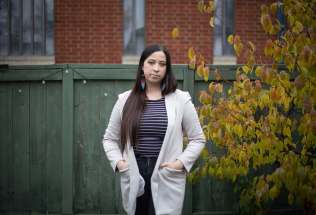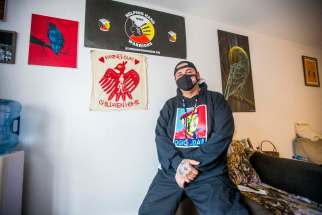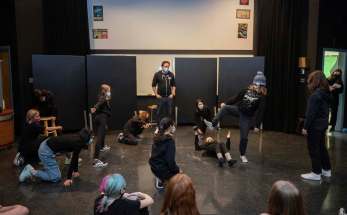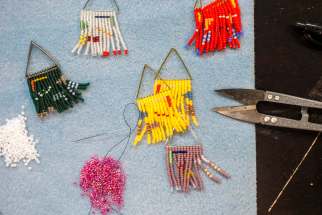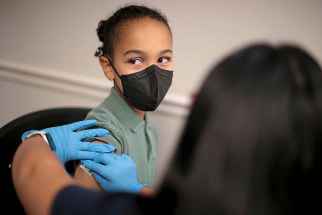COVID-19 jabs for kids welcome
Read this article for free:
or
Already have an account? Log in here »
To continue reading, please subscribe:
Monthly Digital Subscription
$0 for the first 4 weeks*
- Enjoy unlimited reading on winnipegfreepress.com
- Read the E-Edition, our digital replica newspaper
- Access News Break, our award-winning app
- Play interactive puzzles
*No charge for 4 weeks then price increases to the regular rate of $19.00 plus GST every four weeks. Offer available to new and qualified returning subscribers only. Cancel any time.
Monthly Digital Subscription
$4.75/week*
- Enjoy unlimited reading on winnipegfreepress.com
- Read the E-Edition, our digital replica newspaper
- Access News Break, our award-winning app
- Play interactive puzzles
*Billed as $19 plus GST every four weeks. Cancel any time.
To continue reading, please subscribe:
Add Free Press access to your Brandon Sun subscription for only an additional
$1 for the first 4 weeks*
*Your next subscription payment will increase by $1.00 and you will be charged $16.99 plus GST for four weeks. After four weeks, your payment will increase to $23.99 plus GST every four weeks.
Read unlimited articles for free today:
or
Already have an account? Log in here »
Hey there, time traveller!
This article was published 07/11/2021 (1493 days ago), so information in it may no longer be current.
In a move heralded as a turning point in the pandemic, five to 11-year-olds can now get a COVID-19 vaccine in the United States.
The Centers for Disease Control and Prevention approved the Pfizer vaccine for use in this cohort last week, after it was authorized by the U.S. Food and Drug Administration. That’s 28 million American kids who will now be able to be inoculated against a virus that has, for 19 months, caused illness, death and has turned lives inside out.
Only a limited number of the initial 15 million shots being distributed in the U.S. was available last week. They are expected to be more widely accessible at pediatricians’ offices, children’s hospitals and pharmacies this week.
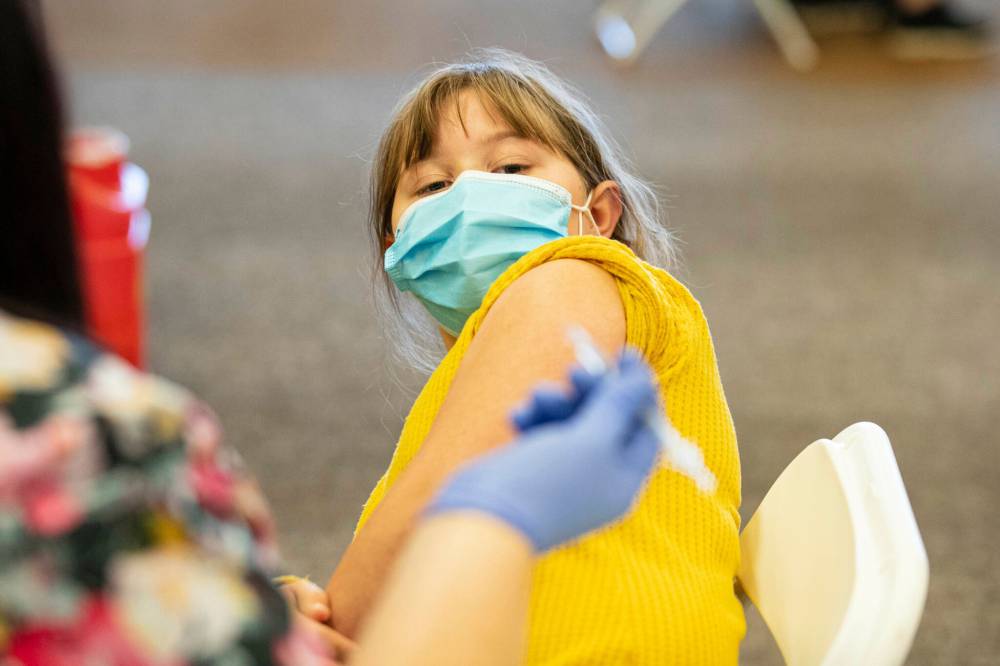
Health Canada, meanwhile, is still reviewing Pfizer’s application. A decision is still “a few weeks away,” which means it will be at least December before jabs will get into young arms in Manitoba, but the timeline will depend on when pediatric doses — which are 10 mcg (micrograms), versus the 30 mcg used in people 12 and older — are shipped and when the provinces have youth vaccination programs in place.
But securing vaccine approval and establishing distribution processes aren’t the only roadblocks to getting five to 11-year-old Canadians jabbed. A youth vaccination program will need buy-in from the public, and some polls are showing hesitancy among parents.
An October Angus Reid survey showed that 51 per cent of Canadian parents of children aged five to 11 will immediately get their kids vaccinated once a pediatric vaccine is approved. Nearly 23 per cent said they will not be vaccinating their kids. In the U.S., meanwhile, an October Gallup poll found that 55 per cent of American parents of kids under 12 would get their child vaccinated. Forty-five percent will not.
Misinformation and anti-vaxx propaganda will also continue to be a challenge, especially since the anti-vaccine movement is particularly concerned with childhood vaccination — including the long since debunked connection between the measles, mumps and rubella (MMR) vaccine and autism, made by a discredited doctor using fraudulent research.
Some parents have questioned the need for a pediatric vaccine at all, since risk of severe illness and death in that cohort is lower. But death is not — and cannot — be the only metric. Even a mild case of COVID-19 can be incredibly disruptive, and put other children and their families at risk since children, like adults, can transmit the virus even if they are not exhibiting symptoms. Children can also develop complications, such as multisystem inflammatory syndrome.
School-age children have seen the disruption caused by the pandemic first hand. When the world started opening up for those 12 and older, younger children had to continue to wait. There are five and six-year-olds who have never had a normal school year, a school year without masks, or social distancing or online learning — as well as missed birthday parties, field trips, clubs, sports and singing.
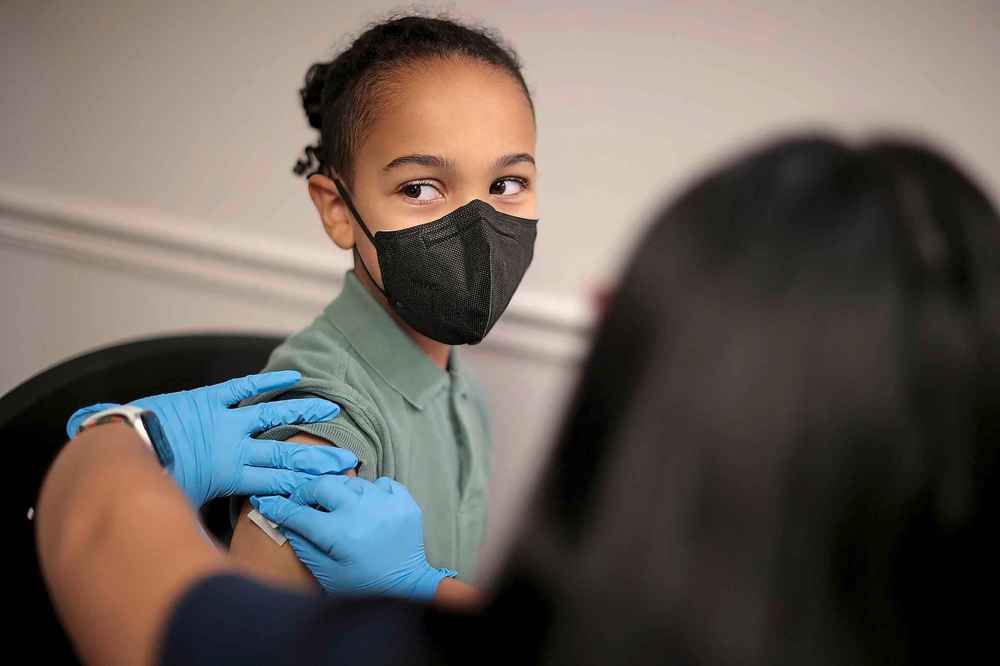
Keeping kids in physical classrooms has been a priority for children and parents alike; vaccination will further bring us closer to normal.
One only needs to look south of the border. Over the past several days, many relieved parents have taken to social media to celebrate their children’s successful shots or appointments to get the vaccine. And indeed, a COVID-19 vaccination for children is cause for celebration.
History
Updated on Sunday, November 7, 2021 2:56 PM CST: Fixes typos.


